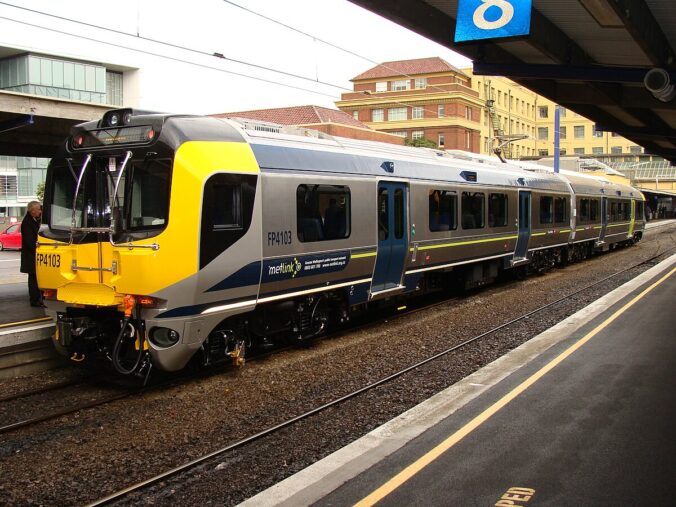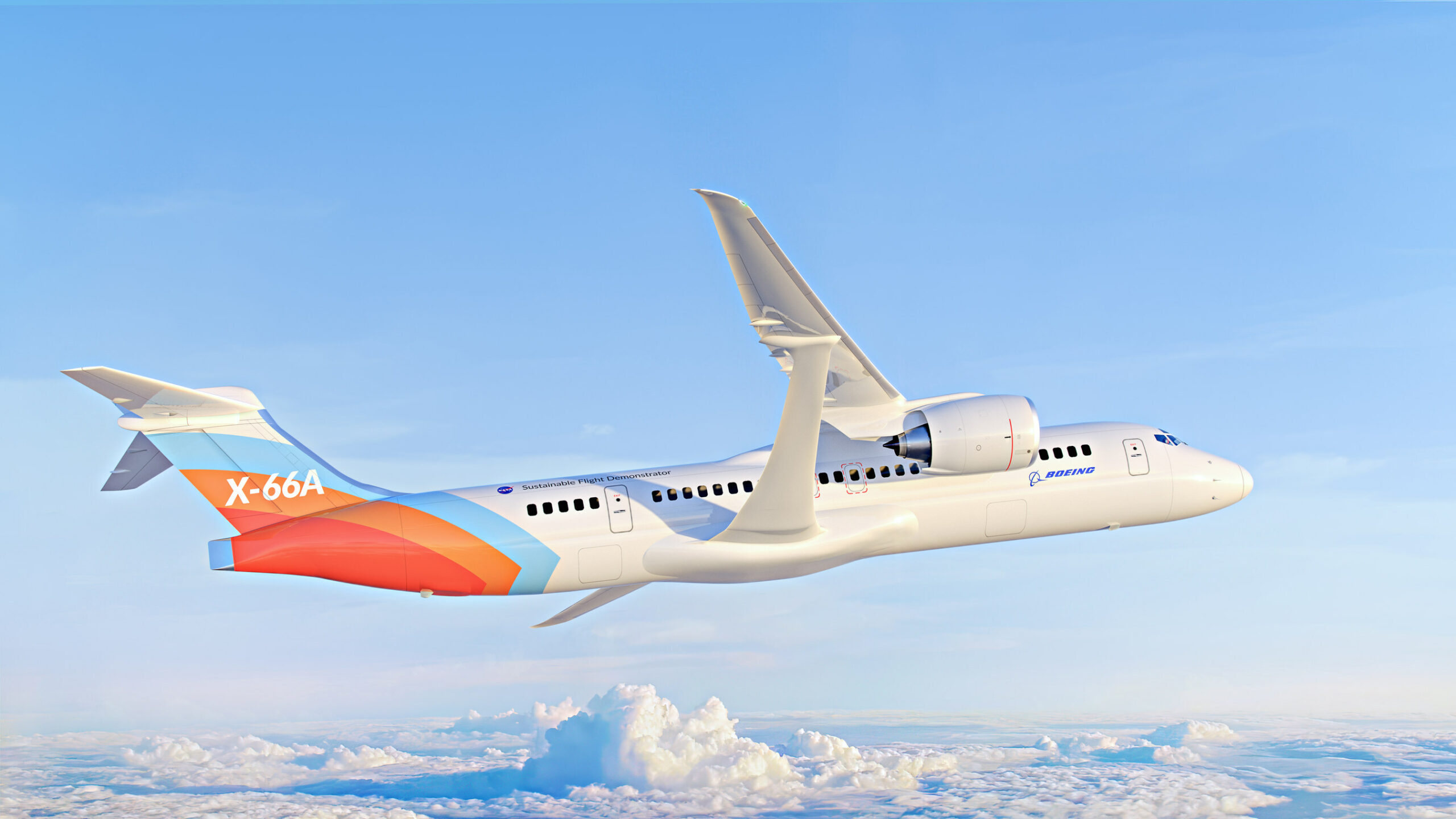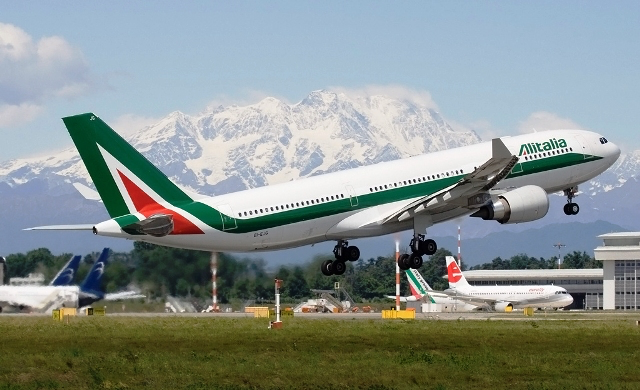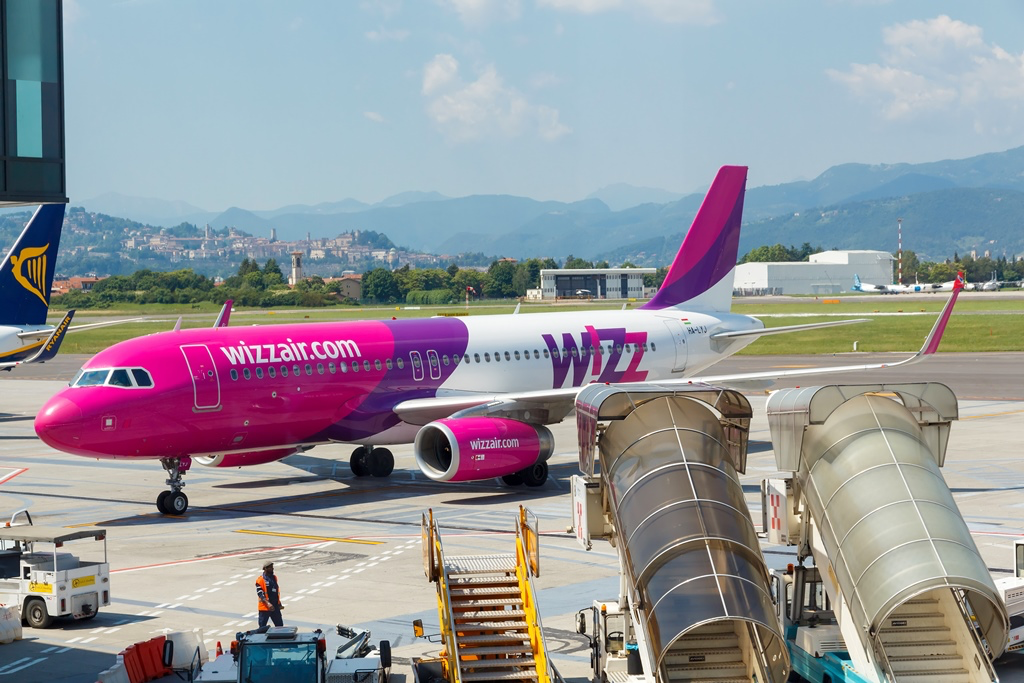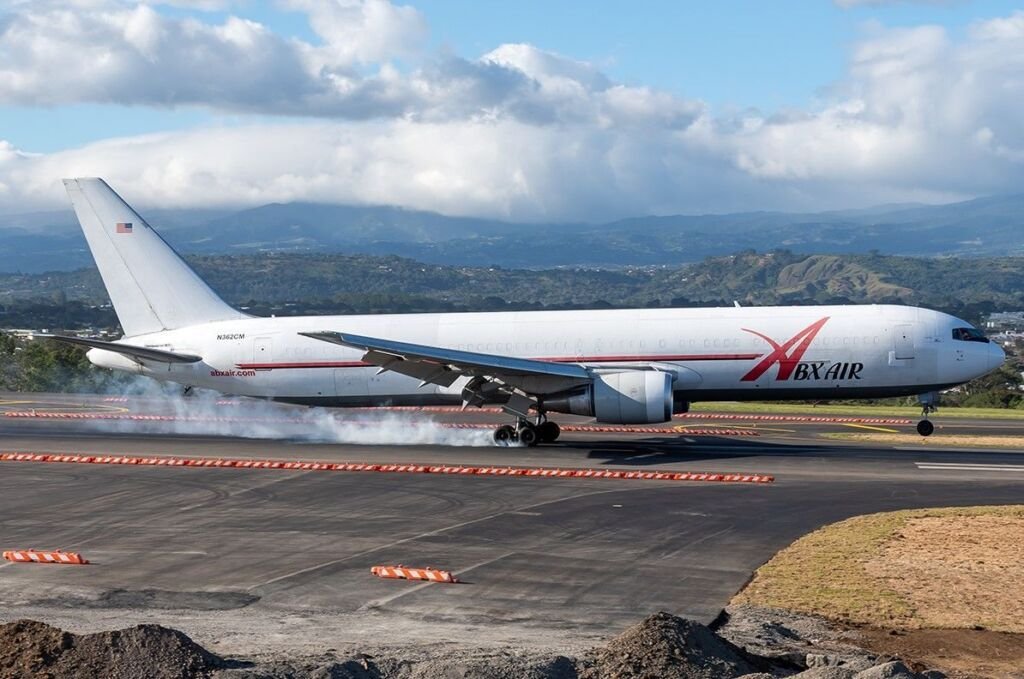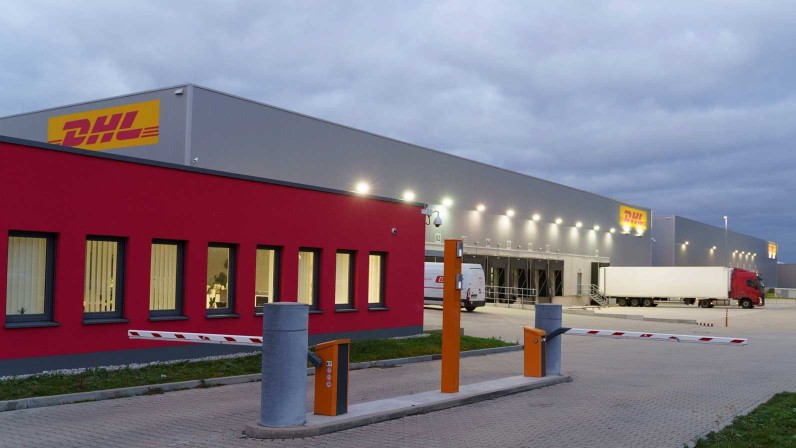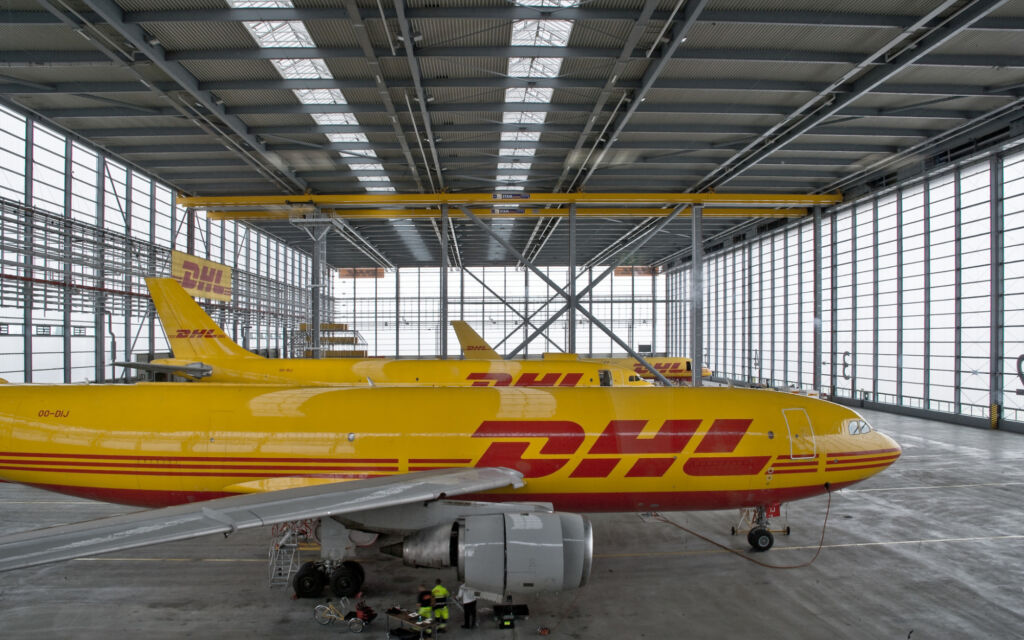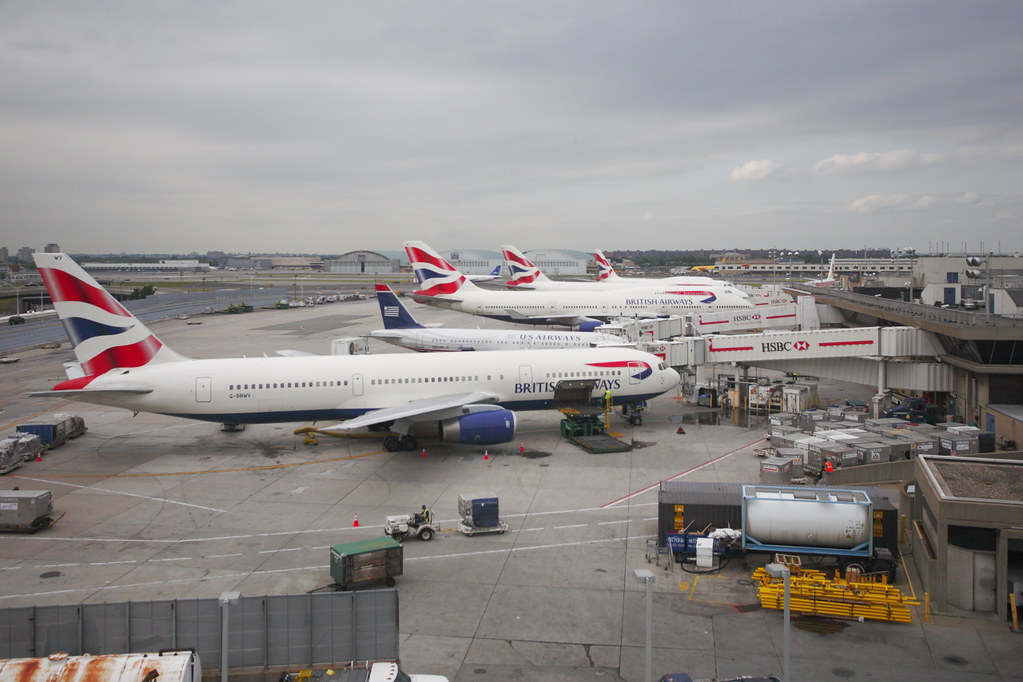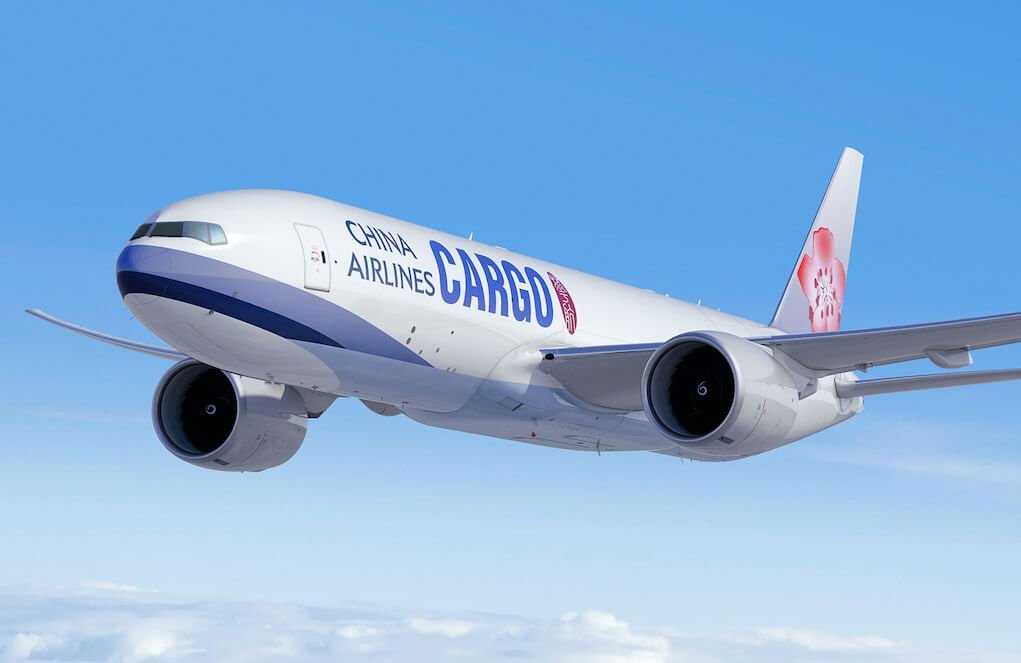September 3, 2023
KiwiRail has welcomed the Government’s rapid review into its handling of disruptions to passenger services in Wellington earlier this year and has already moved to change its systems.
Improvements made include:
- Use of the TEC to achieve network compliance is now part of a wider Infrastructure Integrated Plan, with a longer-term (12 month) plan around its use nationally. While there have been detailed operating plans for each area the TEC assesses, this change introduces a national level of oversight, linked into when track safety cases expire.
- Developing robust processes and procedures around the escalation, prioritisation and approvals required where the TEC schedule cannot be met.This is an important backup if it is looking unlikely the TEC will be able to carry out required work in time. The issues that resulted in the Wellington disruption were escalated too late for KiwiRail to take effective action to avoid the speed restriction being put on the Kāpiti Line.
- Developing better resilience around the TEC, through a review of the tasks needed to ensure its successful operation – including a review of existing staff resourcing and formalising training processes. This is to ensure the TEC is able to operate effectively.
- Reviewing the maintenance programme for the TEC. The TEC is 41 years old and will be replaced in FY2027. A procurement process for a new vehicle is well underway. The maintenance programme review, and any changes that come from it, will help ensure the TEC can continue operating reliably until the new vehicle arrives.
General Manager Metros Jon Knight says KiwiRail has made a huge commitment to the local commuter rail network, and will work hard to deliver on the Government’s investment.
